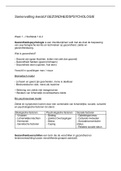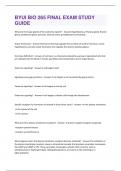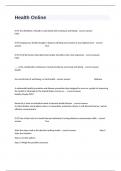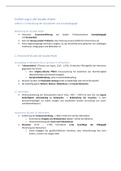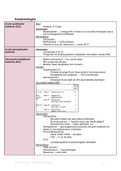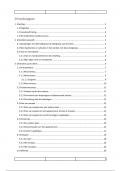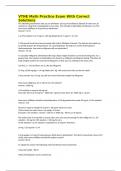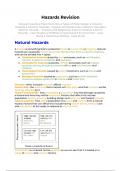Samenvatting
Short summary with answers on learning goals
This is a short summary with all the learning goals + important stuff included. We discussed this during the tutorials and I included answers from multiple tutorial groups. There are some notes from the course coordinator as well.
[Meer zien]





